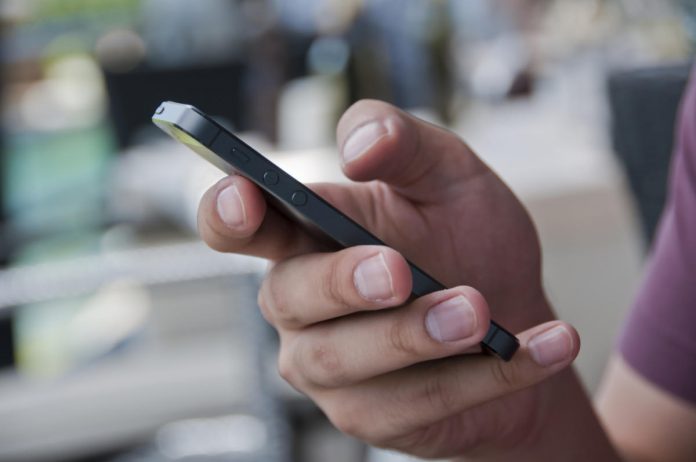
Using a mobile banking app or an e-wallet to quickly send money is extremely convenient. You don’t have to wait for banking hours and you don’t even have to leave your home to do it. However, it can also be a daunting prospect. All the stories about hacking and scams can certainly be scary, or even downright terrifying.
However, there are plenty of safety measures and habits that can help secure your personal information and banking details when you send money online. Here are the most important ones to keep in mind:
Use Reliable Services
When sending money online, it’s best to use the apps or websites of established banks or trusted financial services. This way, you can be sure that the app or website has multiple safeguards to protect your privacy and personal details. Moreover, if something goes wrong, you can expect them to provide reliable customer support.
You should also activate 2FA or two-factor authentication in your banking and e-wallet apps. This adds an extra layer of protection to your transactions.
Don’t Share Your Passwords and PINs
This is one of the first and foremost reminders you’ll see whenever you sign up for services online: don’t share your passwords, PINs, or other security details. The same applies when you’re sending money. By keeping your information private, you can be sure that you’re the only one who can access your account and approve transactions.
Make sure that you’re also aware of scams that try to trick people into revealing their account details. Usually, these come in the form of emails or text messages that appear to look like they’re from official sources. Once you click the links and input your information, your account will already be compromised.
The best defense is to keep all passwords, PINs, and OTPs to yourself. Don’t share them with anyone, not even to your friends and especially not to random people who suddenly call to ask for personal details.
Protect Your Device
Before you send money online—indeed, before you perform any online transaction—make sure that your computer or your smartphone is safe. There are certain kinds of malware that can “pull” information from your devices, so make sure that you have the necessary precautions.
For your computer, make sure that you have an antivirus installed and that you perform regular scans to get rid of any malware. You should also get rid of the habit of clicking random links that can install these viruses onto your device.
For your smartphone, the above-mentioned security measures apply. You should also avoid using unsecured Wi-Fi networks as much as possible. If you can, perform all your transactions at home or at least in the office so that you can be confident that the connection is safe.
Save Your E-Receipts
What’s great about sending money online is that you get rid of all the paperwork. It’s not just quicker, but it’s also better for the environment. What you’ll get instead is an e-receipt, which you’ll receive through both email and SMS. You can also check the mobile banking or e-wallet app’s history to review all the transactions you’ve made.
Make sure to save these receipts whenever you transfer money online. This way, if you need to dispute anything, you’ll have proof of the transactions. This can speed up the resolution of your issues.
Aside from not immediately deleting the email and text message about the transaction, it’s also a good idea to get a screenshot of the e-receipt. Think of it as a safety copy, just in case you accidentally delete the original e-receipt.
Send Money to People You Know
The best way to keep yourself safe when sending money online is to only send money to those you know. If you don’t personally know the person asking for money, it’s best to hold off.
Obviously, this is not always possible. For example, there are independent online sellers who offer money transfers through online banking or e-wallets as payment options. If this is the case, make sure that the seller can be trusted. You should also make sure that all of your conversations and transactions are documented.
Remember that nothing is 100% safe, especially online, but that you can always take steps to protect yourself. You should also keep in mind that people often share “horror stories” of their online transactions but not the successful ones. This is not to say that scams don’t happen, but rather that the safe transactions are not usually reported.
All in all, sending money online has more advantages than disadvantages. From convenience and speed to reduced paperwork, there’s plenty of reasons to use this kind of service.
Moreover, it’s entirely possible that cashless and digital transactions will become the norm—meaning that it’s time to get used to them. By practicing these above-mentioned habits, you can ensure that you won’t be compromising your privacy and security.







